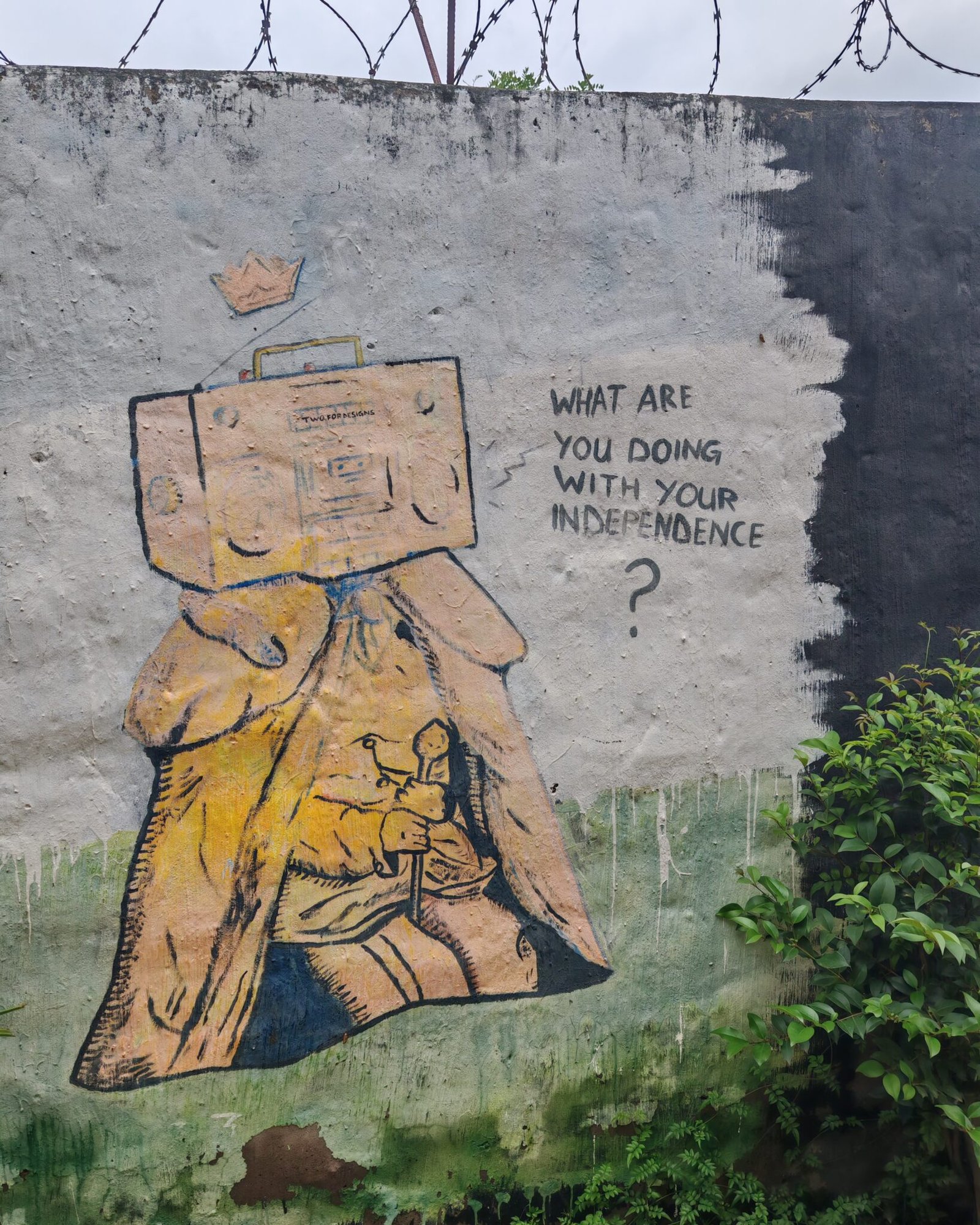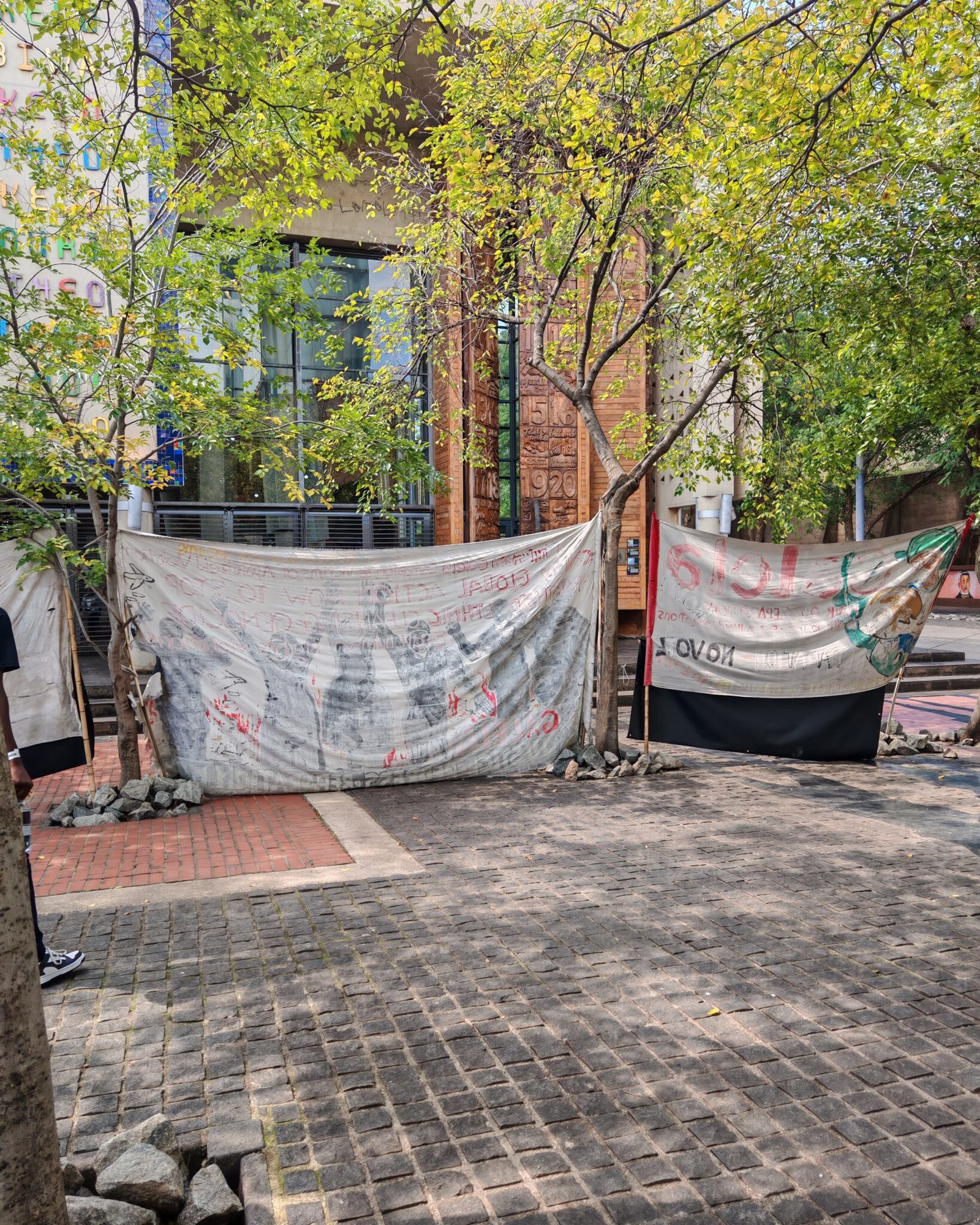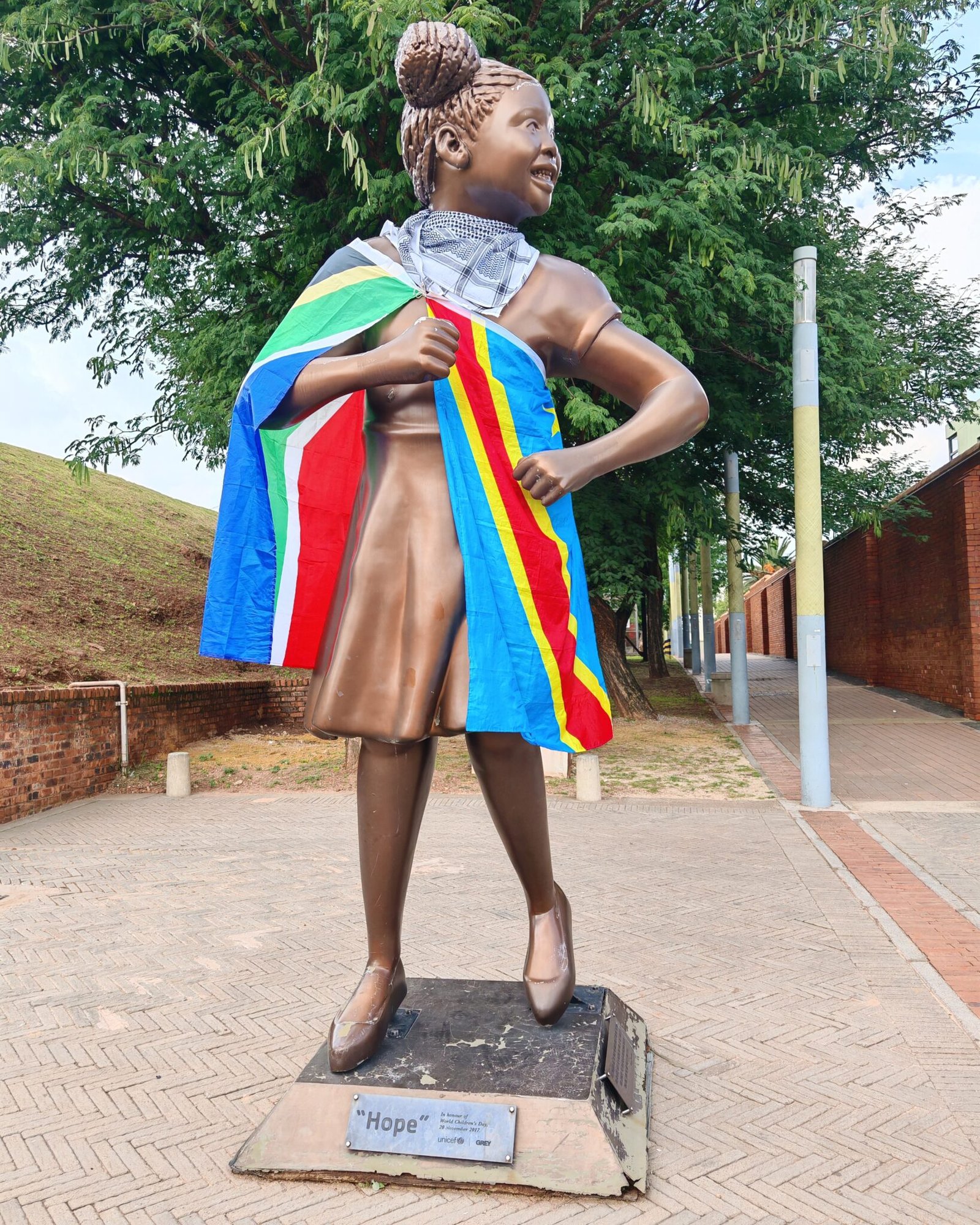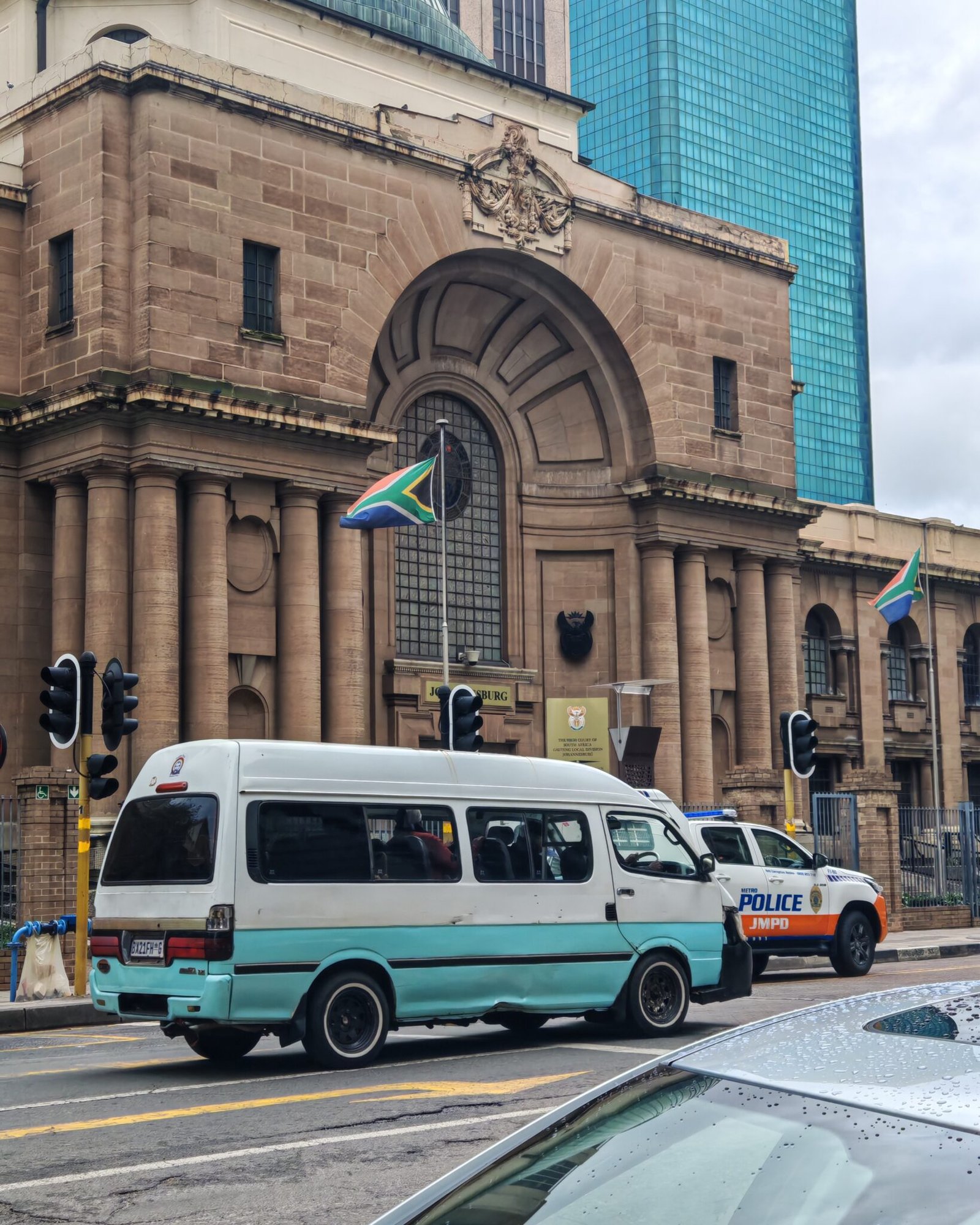Triumphs and Transitions
A reflection on justice, transitions, and humanity

A year ago, I chose to be in service of my country. As I end this chapter of my life, I look back on important moments and key lessons both personally and professionally. Here are five things I will carry forward. . .
1. The Transition Continues
South Africa’s transition is not complete. It continues — not because we have failed, but because we began with an incomplete picture. Our understanding on the history of conflict and violence was too narrow. The frameworks that guided our transition did not hold the full weight of dispossession, the legacies of colonial conquest, the brutalities of economic exclusion, and the structural violence that persists in abandoned mining towns and impoverished communities.
Beyond our historical transition, we are now in the midst of a new one: the environmental transition. Fortunately, the just environmental transition has gained hindsight wisdom from political transitions and in many ways- require us to adopt, and adapt lessons from the former. The unaddressed legacy of dispossession, and the environmental shift is why the transition will always be a part of our discourse and accompanied by calls for justice- whether transformative, climate or gendered.
2. No One left Behind

As we redefine and establish transitions, we must ask who was left behind the first time? Entire communities, stories, and harms were excluded from what was officially recognised as apartheid-era crimes. Some violations were rendered invisible by narrow definitions of what constituted a “gross human rights violation” or “systemic harm”, while others simply could not get to justice avenues in the 1990s. But their pain is real and remains unseen.
Whether in transitional justice, environmental justice, or economic reform, the guiding principle must be this: no one must be left behind. We must expand our scope and redefine frameworks of justice to ensure that they are truly inclusive.
3. Care Is The New Currency
In a world that has reached the “end of history” , perpetuating crimes that continue to “shock the conscience of mankind” — care has emerged as our most vital form of currency.
Care is no longer a soft skill. It is a leadership imperative. It is the ability to hold space for others, to move with empathy, to show up with intention, and to consider the human impact of every policy, project, program and the simplest of actions. In a generation raised by the victims of an inhumane regime, care is our radical offering. It’s how we will survive — and transform — the spaces we are in.
4. Multigenerational Leadership
We need a multigenerational leadership model — one that integrates the wisdom of the elders, the passion of the young, and the honesty of those who know what it means to live in between. What does transformative leadership look like in a time of intersecting transitions? These questions require collective reimagination.

5. Creating New Knowledge
What a time to be alive. There is something profoundly inspiring about this moment. We are building new terminologies, deconstructing dominant discourses , rewriting disciplines , challenging hierarchies and their systems of impunity. The global transitions have indeed presented a moment for creating knowledge that liberates, that inspires and invites all of us who are passionate about human rights to contribute, innovate and advocate.

Thank you to everyone who was a part of this chapter.